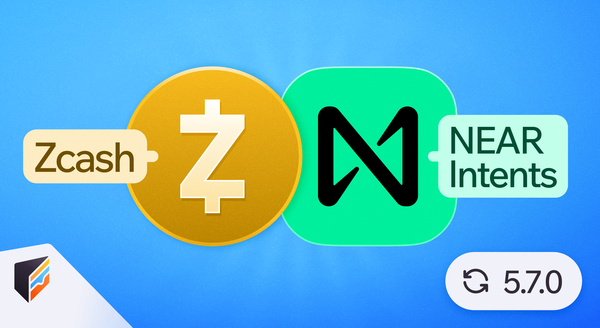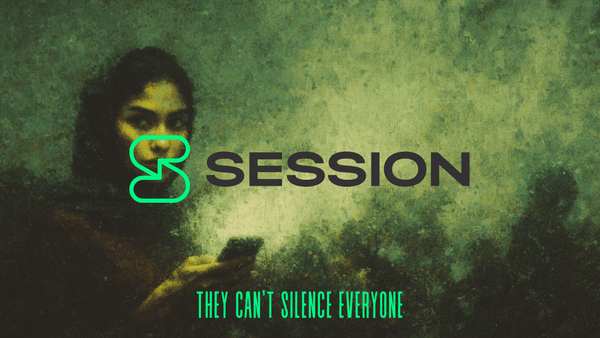Microsoft Just Killed GitHub's Independence as Open Source AI Is Pulling Away
Microsoft is essentially playing chess while everyone else plays checkers. They've created a situation where they profit from open source AI development through GitHub while simultaneously controlling the platform that development depends on.

Microsoft just eliminated GitHub's CEO position and folded the platform directly into their CoreAI division. The timing reveals everything about what they're really worried about: the open source AI projects they've been hosting and funding are becoming genuine threats to their $10 billion AI empire.
Thomas Dohmke, GitHub's CEO since 2021, announced he's leaving to "become a founder again." Microsoft isn't replacing him. Instead, GitHub's leadership team will report directly to multiple executives in the CoreAI division, effectively ending the platform's semi-independent status that had persisted since the $7.5 billion acquisition in 2018.
The numbers explain Microsoft's urgency. Azure OpenAI revenue hit $10 billion in 2025, making OpenAI Microsoft's largest Azure customer and accounting for 77% of Microsoft's $13 billion in annual Azure AI revenue. GitHub Copilot has exploded to over 20 million users, with 90% of Fortune 100 companies now using the AI coding assistant. Copilot writes 46% of the average user's code, and in Java projects, that number jumps to 61%.
But Microsoft faces a paradox of their own making. They've built their AI business on the premise that enterprises need cloud-based, proprietary solutions for AI workloads. Yet they're simultaneously hosting and funding open source alternatives that could make those cloud services unnecessary.
GitHub's 2024 accelerator program supported 11 open source AI projects with nearly $400,000 in total value, including $40,000 in direct funding, Azure credits, and access to Microsoft's AI models. The irony is staggering: Microsoft essentially funded the development of tools that directly compete with their core business.
OpenWebUI brings privacy and security to local LLM deployment, offering "world-class UI" for running models without cloud dependencies. Why pay for Azure OpenAI when you can run equivalent models locally with a better interface? LLMware.ai targets enterprises with secure, local RAG models specifically designed for "financial and legal institutions" concerned about privacy. This directly competes with Microsoft's enterprise AI offerings that require sending sensitive data to Azure.
LangDrive provides "plug and play APIs for LLM training" that reduce fine-tuning from "hundreds of lines to just 10 lines," commoditizing the kind of model customization services Microsoft charges premium rates for. Giskard offers open source testing and evaluation for large language models, providing transparency and accountability tools that proprietary systems can't match.
These aren't hobby projects. OpenWebUI was specifically designed for users with "limited to no internet access" who want to "leverage AI technology and its benefits" without depending on cloud providers. LLMware explicitly addresses the "privacy and sensitivity concerns many industries face" by keeping everything local and secure.
The threat extends beyond individual projects. Platforms like Lium.io are building decentralized GPU rental marketplaces on Bittensor, enabling users to access computational power without relying on AWS, Azure, or Google Cloud. When AI inference and training can be distributed across decentralized networks, Microsoft's cloud infrastructure becomes less essential.
Meanwhile, governments are actively moving away from Microsoft's ecosystem. Two of Denmark's biggest municipalities, Copenhagen and Aarhus, recently announced they're ending their use of Microsoft systems due to concerns about "monopoly-like" control and foreign policy implications under Trump. Dutch parliament has approved motions to build their own digital cloud infrastructure and reduce dependence on US tech companies.
Microsoft's response has been swift: eliminate GitHub's independence and bring it directly under AI strategy control. The platform that once proudly served the open source community now reports directly to the team trying to monetize AI.
"Microsoft's acquisition wasn't about fostering innovation, it was a strategic move to control the development ecosystem," says Chris McCabe, Co-founder of Session. "We're already witnessing GitHub's original ethos eroding as corporate priorities override community values. The centralization of open source development on Microsoft-owned GitHub fundamentally contradicts the principles of decentralized technology."
"Microsoft's pattern is clear," McCabe continues. "Look at Windows 11 phasing out offline accounts for mandatory online connectivity. This isn't about convenience, it's about data harvesting. Expect similar changes to GitHub: forced Microsoft account integration, unwanted AI features, and increasing restrictions designed to lock developers into their ecosystem."
This creates an uncomfortable dynamic for the open source community. The platform hosting most of the world's open source code is now controlled by the division whose business model depends on preventing that code from succeeding too well.
For open source developers, the message is clear: the platform they depend on is now controlled by the division whose success depends on their failure. Microsoft's CoreAI group has a $10 billion incentive to ensure that open source alternatives don't succeed too well.
This doesn't mean Microsoft will suddenly start censoring open source AI projects, that would trigger a developer exodus that would damage GitHub's value. But it does mean that GitHub's strategic priorities will now align with Microsoft's AI business interests rather than the broader open source community.
The accelerator program itself may continue, but future selections might be more carefully curated to avoid direct competition with Microsoft's core AI services. Funding decisions, feature priorities, and platform policies will now flow from the same division trying to maximize Azure AI revenue.
"It's never too late to reclaim our infrastructure, though we've passed the point of an easy transition," McCabe argues. "The increasing internet censorship, coupled with Microsoft's compliance with government overreach, makes this migration urgent rather than optional. The more Microsoft tightens its grip, the more developers will seek alternatives. We have the tools and talent. We just need the collective will."
"A truly independent open source AI infrastructure would embrace hierarchical models with complete transparency and community governance," McCabe explains. "You'd have an open source core model deploying specialized models, all continuously improved through collective contribution, with no corporate gatekeepers. The challenge is organizational. We need governance structures that prevent capture while maintaining competitive development speed."
Microsoft's decision to absorb GitHub into CoreAI represents a recognition that the open source AI threat is real and growing. Projects like OpenWebUI, LLMware, and LangDrive aren't just academic exercises, they're building the foundation for an AI ecosystem that doesn't need Microsoft's cloud services.
But by bringing GitHub under direct AI division control, Microsoft is also revealing the vulnerability at the heart of the open source movement: dependence on platforms controlled by the very companies they're trying to disrupt.
The open source AI community now faces a choice. They can continue building on GitHub, accepting that their platform is controlled by a division whose success depends on their failure. Or they can begin the difficult work of building truly independent infrastructure that can't be captured by corporate interests.
The irony is perfect: Microsoft funded the development of open source AI tools that could threaten their business, hosted them on a platform they control, and then absorbed that platform into the division trying to prevent those tools from succeeding.
Microsoft is essentially playing chess while everyone else plays checkers. They've created a situation where they profit from open source AI development through GitHub while simultaneously controlling the platform that development depends on. It's a brilliant strategy if you're Microsoft. For everyone else, it's a wake-up call about the risks of building the future on someone else's platform.
"We're at a critical inflection point for both AI and open source," McCabe concludes. "If we act decisively to build truly decentralized alternatives now, we can harness AI's potential while avoiding the surveillance and control patterns we've seen with other technologies. GitHub under Microsoft represents a dead end for genuine open source development, the question is whether we'll recognize it before it's too late."








